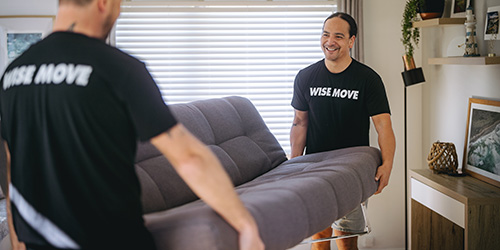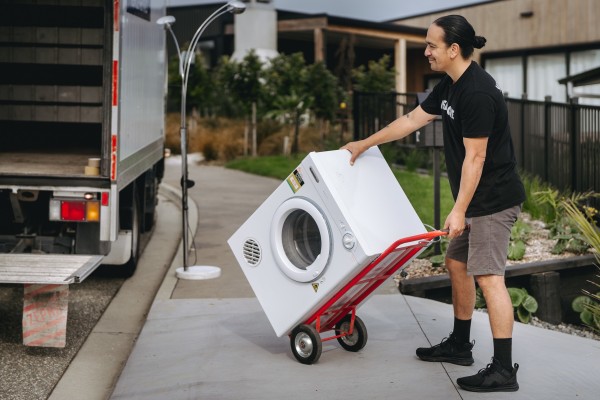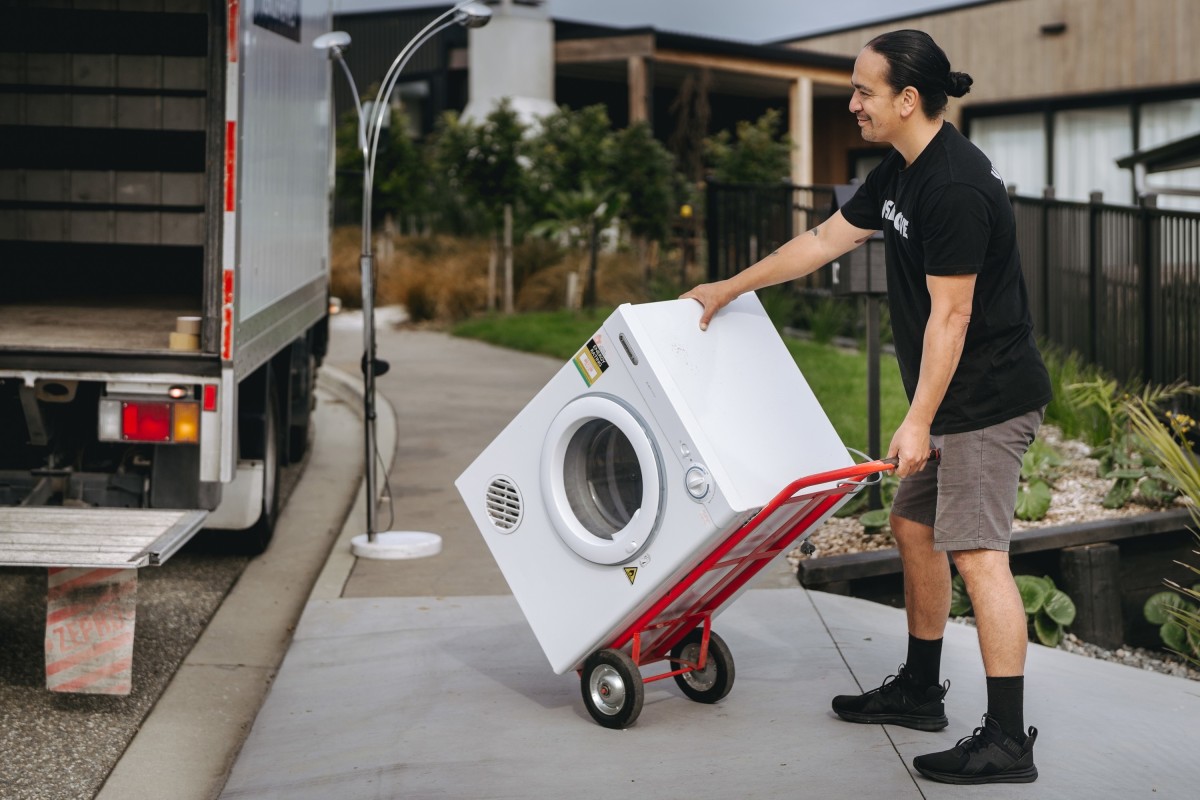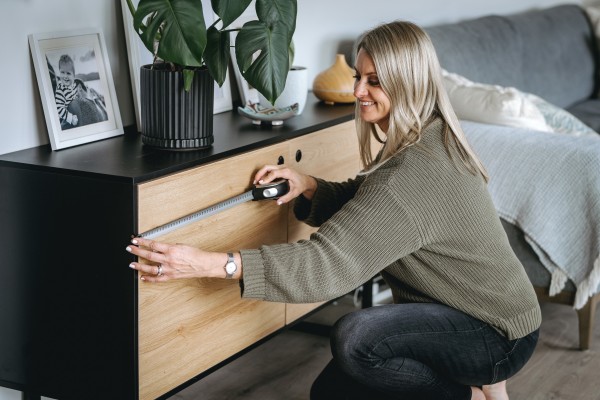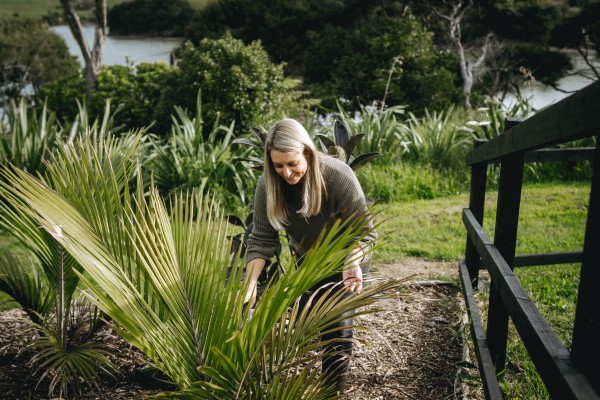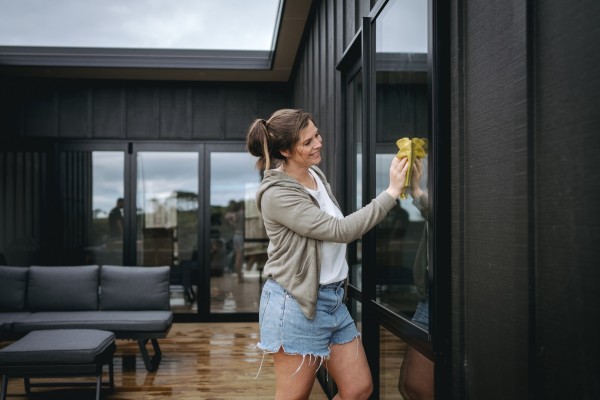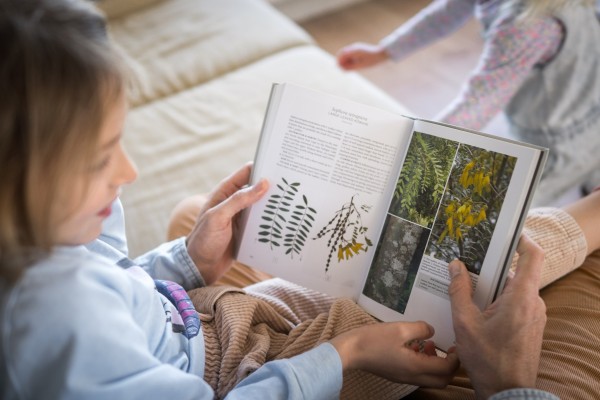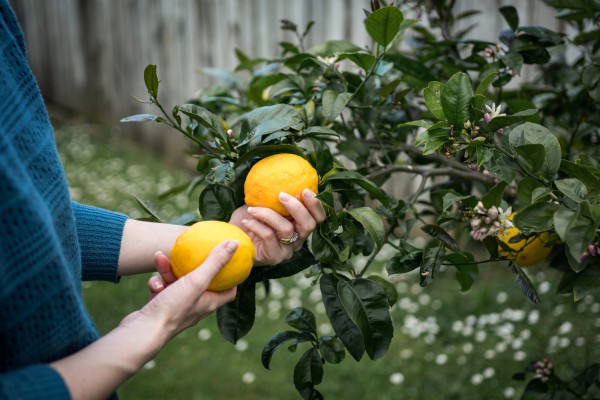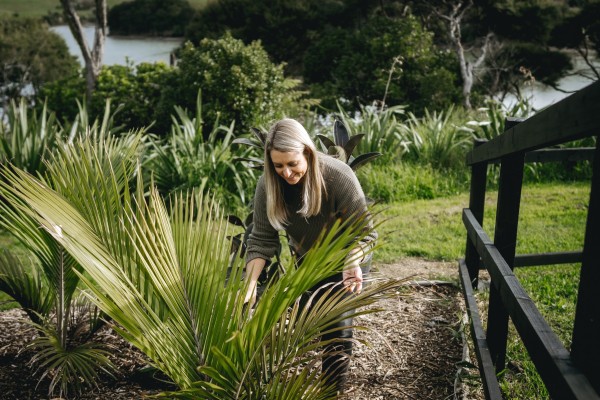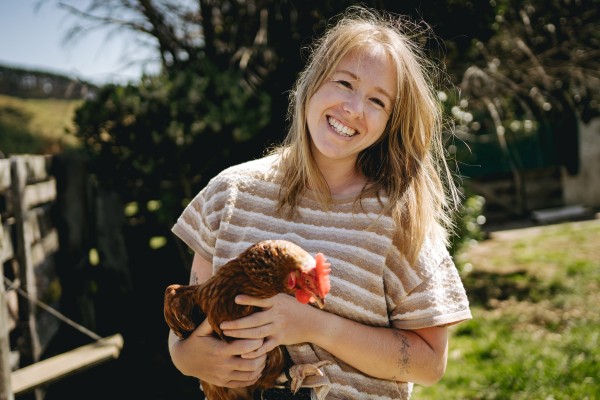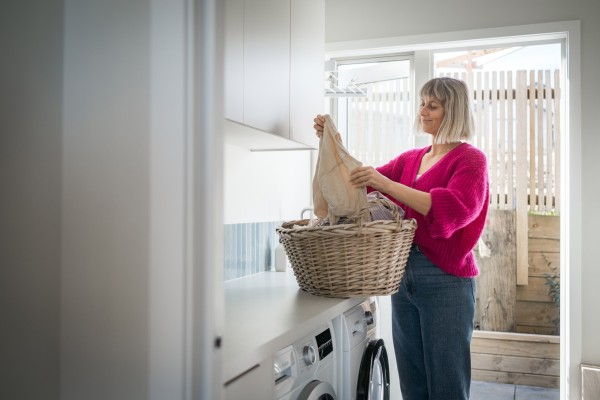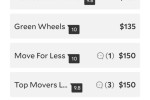What you can and can't recycle in New Zealand
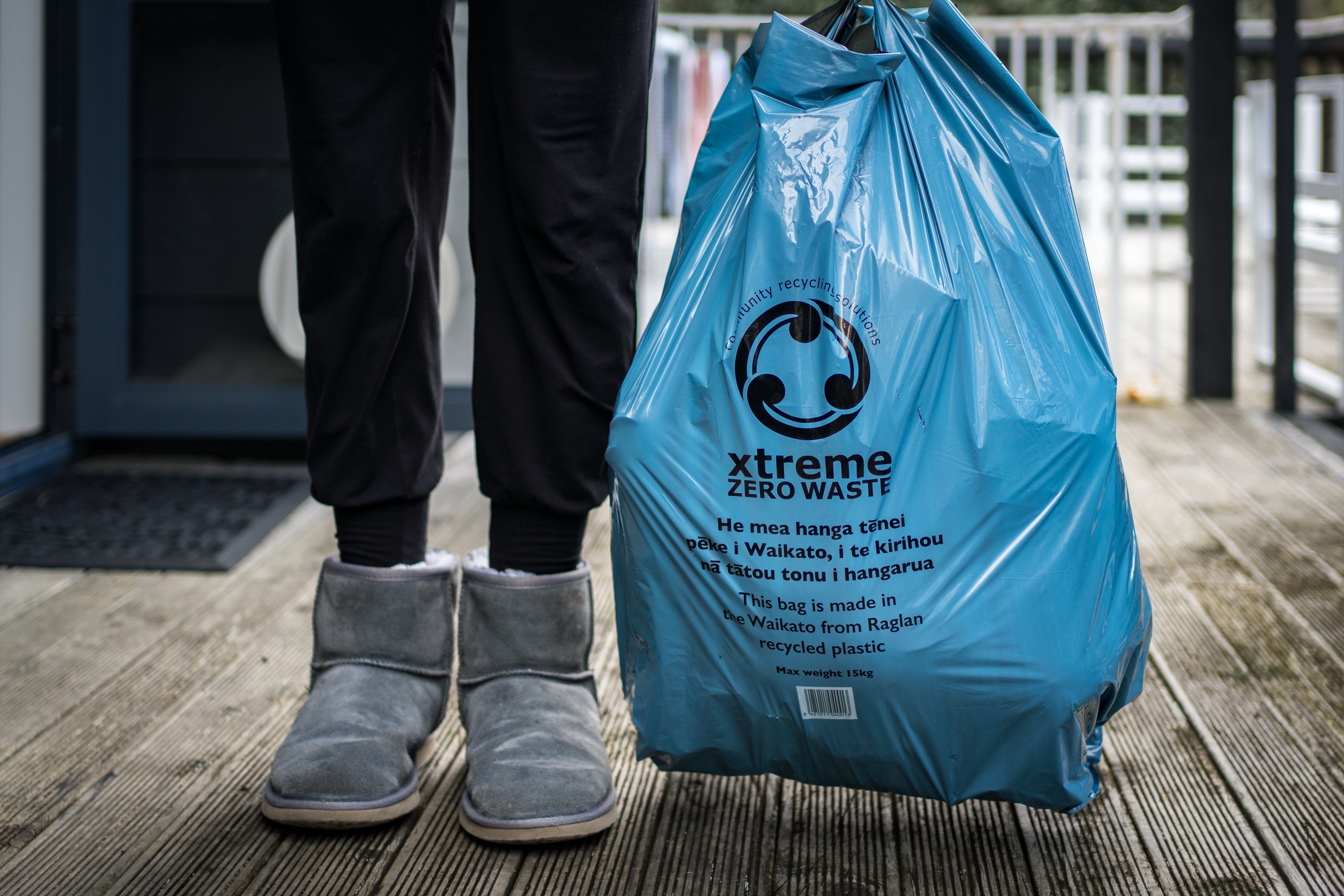
From 1 February 2024, the New Zealand government is making standardised changes to what you can and can’t recycle nationwide.
Called Recycle Right at Kerbside, the initiative aims to make recycling more efficient and straightforward no matter where you live. So, what does this mean for you and your recycle bin?
Here’s what you can recycle:
-
Tins and cans
-
Glass bottles and jars
-
Paper and cardboard
-
Plastic bottles
-
Plastic trays and containers
How to recycle tins and cans
You can recycle most drink cans and food tins. Before recycling, make sure to rinse dirty food tins to remove any remaining food and drain liquids from drink cans. If the cans look clean, rinsing is not necessary.
You can leave the lids attached to your tins so they can be recycled too.
Types of tins and cans you cannot recycle
You cannot recycle oversized tins and cans larger than four litres, paint cans, bottle caps, loose metal lids, or other metal items like pots, pans, aerosols, and foil. These items are not accepted because:
-
Items larger than four litres are too big for the sorting machinery.
-
Lids and caps are too small for the sorting machinery.
-
Pots and pans contain a combination of materials that can't be easily separated.
-
Aerosol cans are not safe to be processed.
-
Aluminium foil is often too small or contaminated with food and can’t be sorted.
How to recycle glass bottles and jars
You can recycle brown, green, blue and clear coloured glass bottles and jars in your curbside recycling.
Before you place it in the recycling bin, remove the lid and rinse or clean the jar of any remaining foods.
Types of glass you cannot recycle
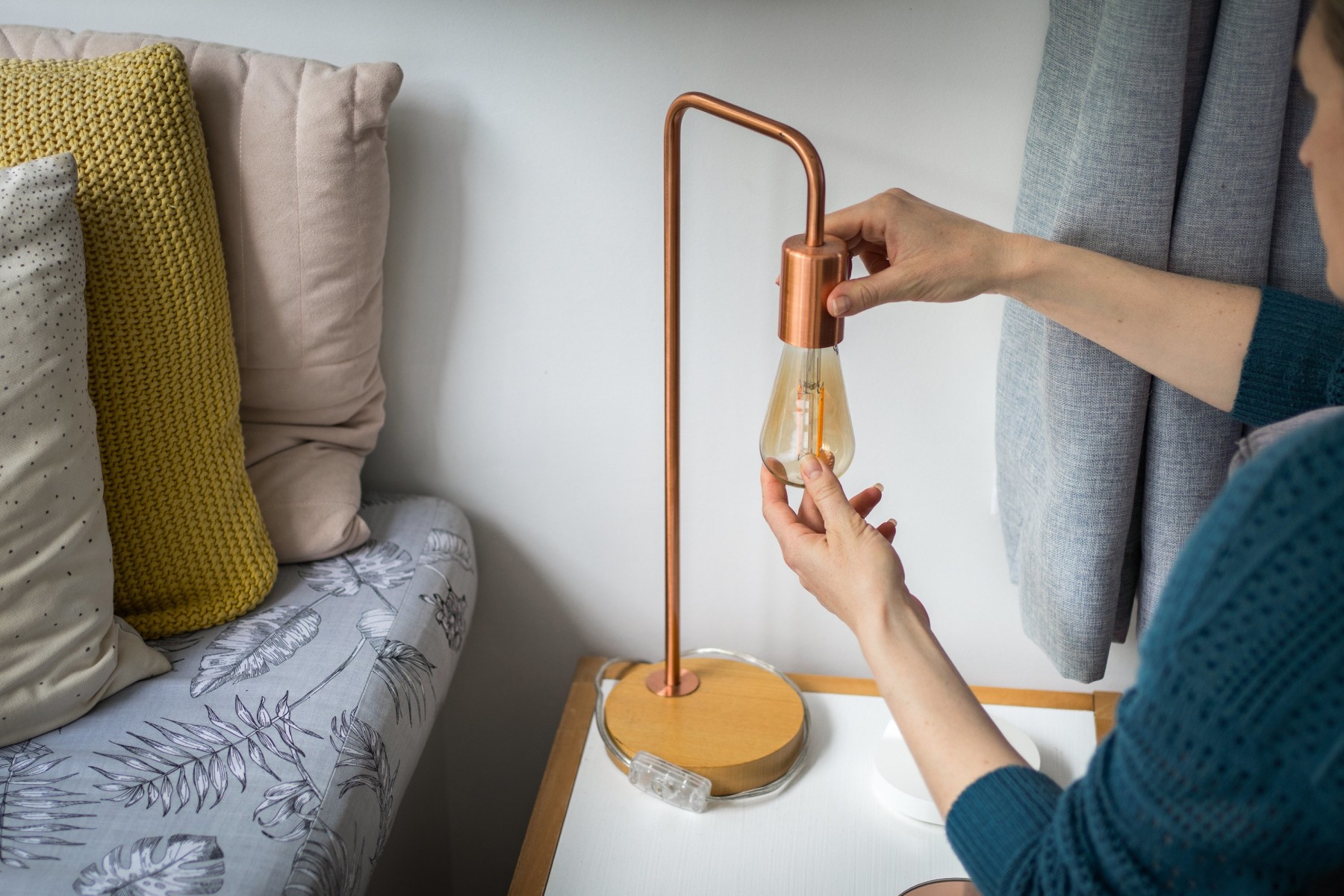
You cannot recycle glass bottles and jars that are used for medicine, glass cookware, drinking glasses, glassware used in the kitchen, window glass, or any broken glass, lightbulbs, or lids from glass bottles and jars. These items are not acceptable because:
-
Glass cookware is designed to withstand very high temperatures and won’t melt in recycling facilities.
-
Glass bottles and jars used for medicine are also often resistant to high heat.
-
Some glasses used to hold medicine are not safe for processing staff.
-
Drinking glasses and kitchen glassware are made from a mix of materials that can’t be recycled in kerbside collection.
-
Lightbulbs are made from a range of materials that can’t be recycled in kerbside collection.
-
Broken glass is dangerous for staff to handle.
-
Window glass is too large to be handled safely and may contain other materials.
How to recycle paper and cardboard
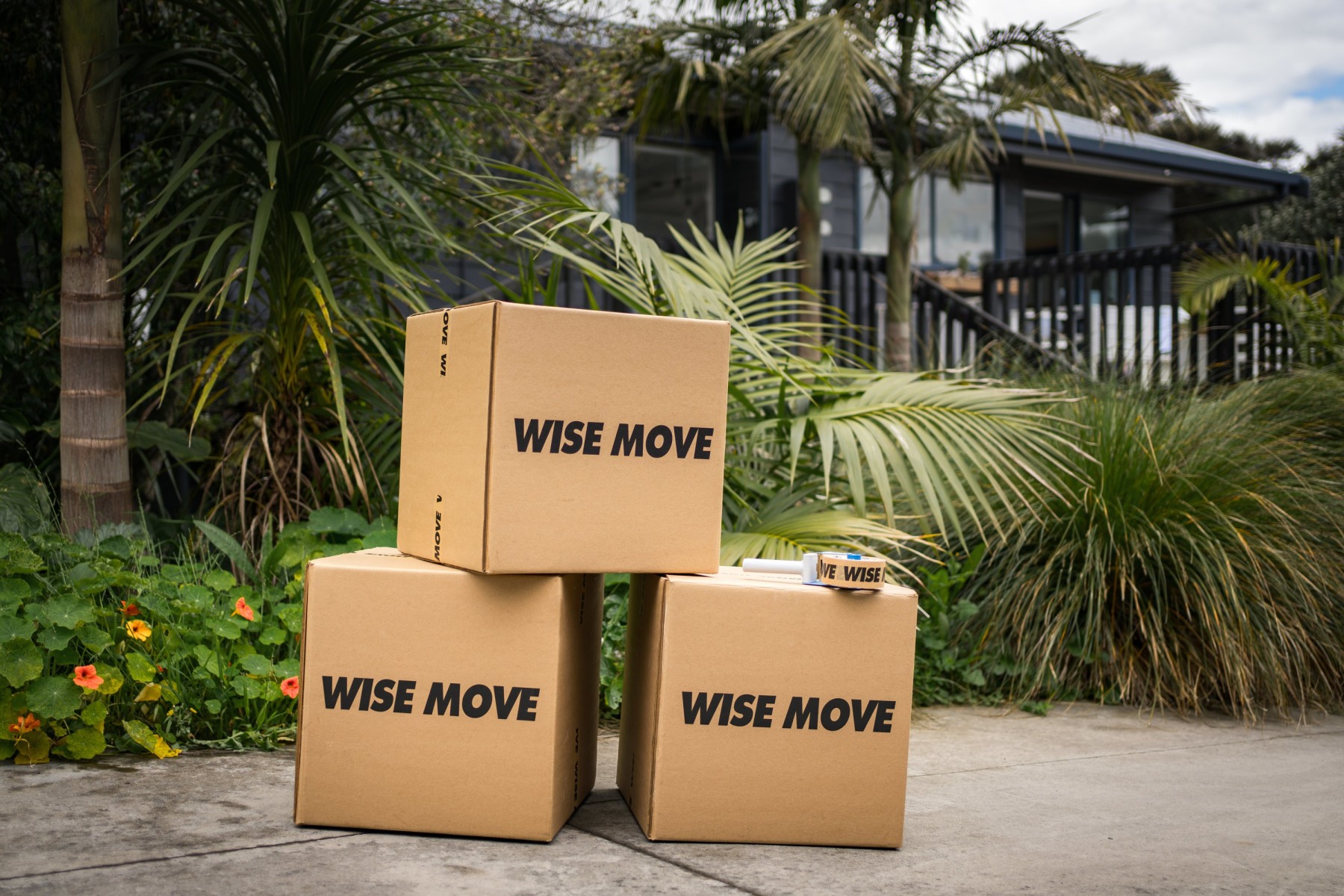
You can recycle cardboard boxes (including food boxes), pizza boxes, newspapers and magazines, office paper, envelopes (with or without windows), and greeting cards without glitter.
Before you place these items in the recycling, remove any food scraps, including melted cheese, from the cardboard, pull off any large plastic inserts (like plastic windows) and place them in the big.
Types of paper and cardboard you cannot recycle
You cannot recycle drink cartons for juices and non-dairy milt, cardboard tubes for chips, takeaway coffee cups, waxed cardboard, gift-wrap with foil on it, cards and wrapping that contain glitter, shredded paper, tissues and paper towels. These items are not acceptable because:
-
Some of these items include metal or plastic which can’t be separated from the paper.
-
Shredded paper is too small to be sorted.
-
Juice and milk boxes contain cardboard with a polythene plastic lining.
-
Tissues and paper towels often contain food scraps or cleaning residue that can’t be recycled.
How to recycle plastic bottles
You can recycle empty and clean plastic bottles with the numbers 1, 2 and 5 on the bottom. This includes water and soft drink bottles, milk, detergent and shampoo bottles, some pharmaceutical, cosmetics, sauce and refillable bottles.
Before you recycle any bottle check the bottom of the container to make sure it has the right number on it. Remove the lid and rinse out any remaining liquid.
Types of plastic bottles you cannot recycle
You can’t recycle bottles with the numbers 3, 4, 6 or 7 on the bottle.
These may include bottles that contain things like pesticides, motor oil or poisonous chemicals. Many of these bottles are found in your garden shed. You also can’t recycle bottles larger than four litres, compostable and biodegradable bottles and bottle lids. These items are not acceptable because:
Bottles containing hazardous chemicals are a health and safety risk.
-
Bottles numbered 3, 4, 6, and 7 aren’t as common as other types and have fewer end markets for recycling.
-
Large bottles (over four litres) do not fit through the sorting machines.
-
Compostable and biodegradable bottles are designed to be composted.
-
Lids are too small to be recycled.
-
Spray bottle tops contain different plastics which aren’t easy to separate.
How to recycle plastic trays and containers
You can place empty and clean plastic trays, and containers numbered 1, 2 and 5 in your recycling bin.
This usually includes fruit punnets and meat trays, containers for vitamins, youghurt, takeaway and ice cream containers. Before placing it in the recycling bin, check the number on the bottom of the container.
Types of plastic trays and containers you cannot recycle
Any trays and containers with the numbers 3, 4, 6 or 7 are not able to be recycled. These often include containers you might find in the garage or laundry. You cannot recycle paint or plant pots, containers smaller than 50 mm across or containers larger than four litres, compostable plastic containers or plastic container lids. This is because:
-
Many of the containers contain hazardous chemicals which can’t safely be recycled.
-
Plant pots regardless of number are hard to recycle if they come in black plastic.
-
Plastic with the numbers 3, 4, 6, and 7 are less common and have fewer end markets once recycled.
-
Small containers will fall through the screening machines.
-
Large containers will not fit through the sorting machines.
-
Compostable and biodegradable bottles need to be composted.
How to recycle food scraps
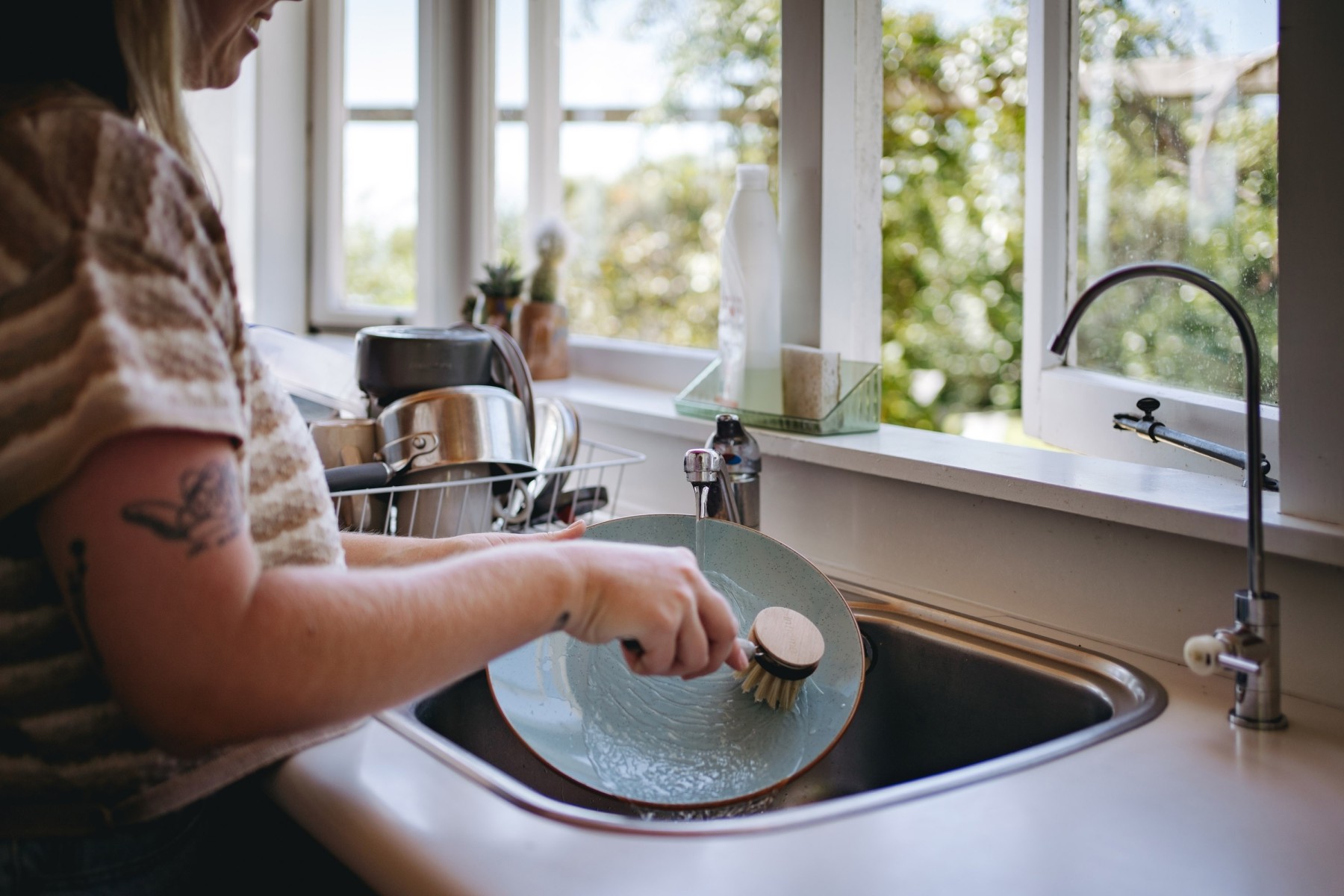
You can recycle vegetable and fruit peelings, old leftovers, cooked and raw meat, dairy products, meat and fish bones, coffee grounds and tea leaves in your kerbside compost bin.
Before you place any food in your bin, remove it from the packaging.
What you can’t put in your food scraps bin
You cannot put compostable or biodegradable packaging, paper and cardboard, plastics, coffee pods and tea bags in your bin as these items aren’t decomposable.
Once processed your food scraps are returned to the soil and many of these items won’t break down or will harm the soil. The exception to this is that you can use paper and cardboard as a bin liner.
Why are changes to recycling happening?
New Zealand generates over 17 million tonnes of waste annually, with nearly 13 million ending up in landfills. Food scraps account for 22% of landfill emissions.
Following nationwide consultations in 2022, there was strong public support for reducing food waste and increasing recycling initiatives. Many people find the current recycling system confusing, as it differs from town to town. In addition to this confusion, there is a lack of trust that materials placed in recycling bins successfully get recycled.
What’s the goal of the recycling changes?
The government aims to have 50% of household waste recycled or composted by 2030. By transforming the recycling and food scrap system, New Zealand aims to:
-
Increase the quality and quantity of materials collected for recycling
-
Reduce the amount of recycling and food scraps sent to landfills
-
Lower disposal costs and greenhouse gas emissions
-
Recycle more resources and return nutrients to the soil
What to expect in the future
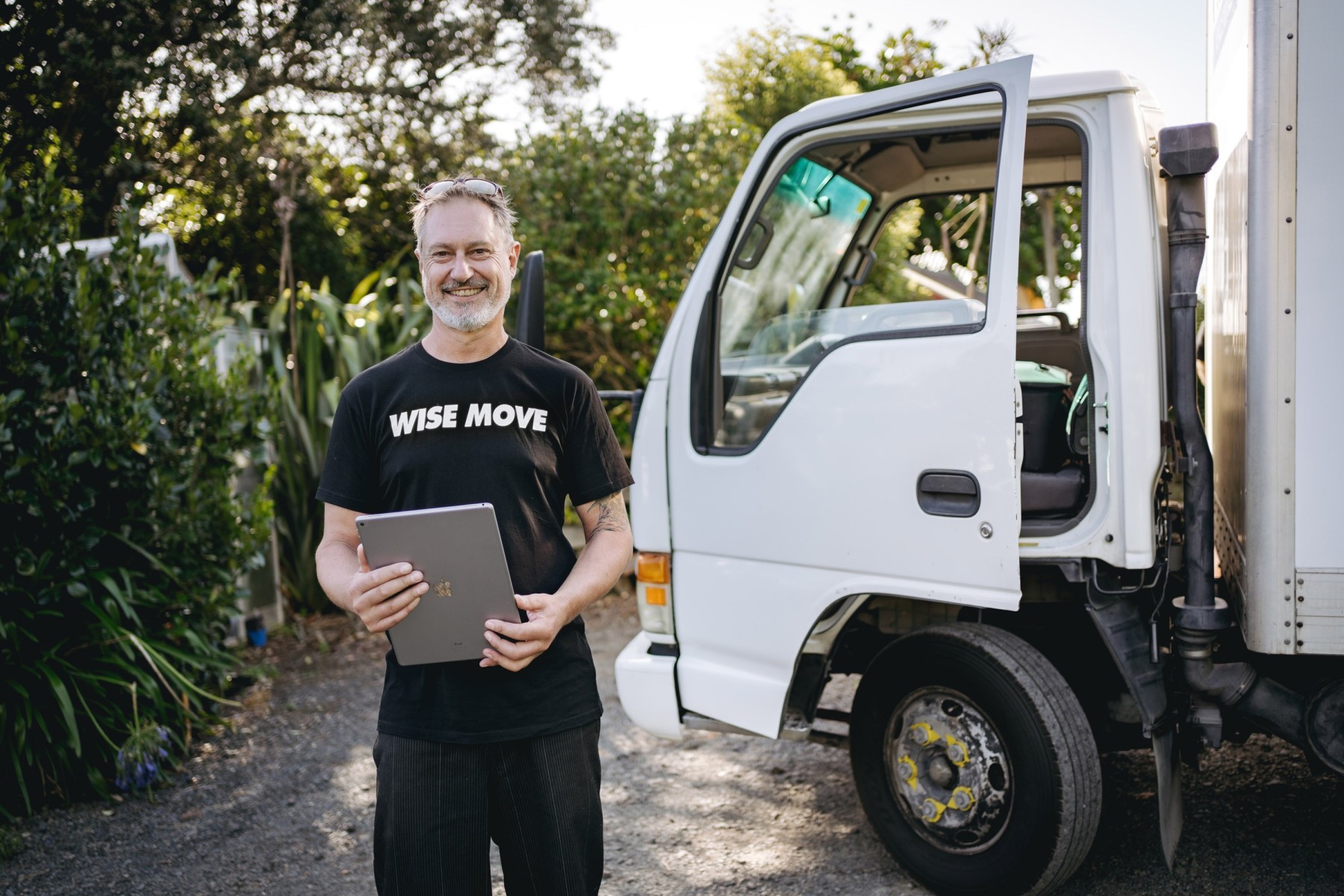
These changes are just one part of a long-term plan to make recycling more accessible. More plans will occur throughout the country over the next five to ten years. Here’s what you can expect:
1 January 2027
All households in urban areas (towns of 1000 people or more) will have kerbside recycling services.
1 January 2030
Food scrap collection services will be available to all urban households, with an earlier deadline of 1 January 2027 for councils with nearby organics processing facilities. Businesses will need to separate food scraps from general waste by 2030.
What do our customers say?



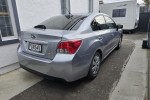

For every (wise)move
